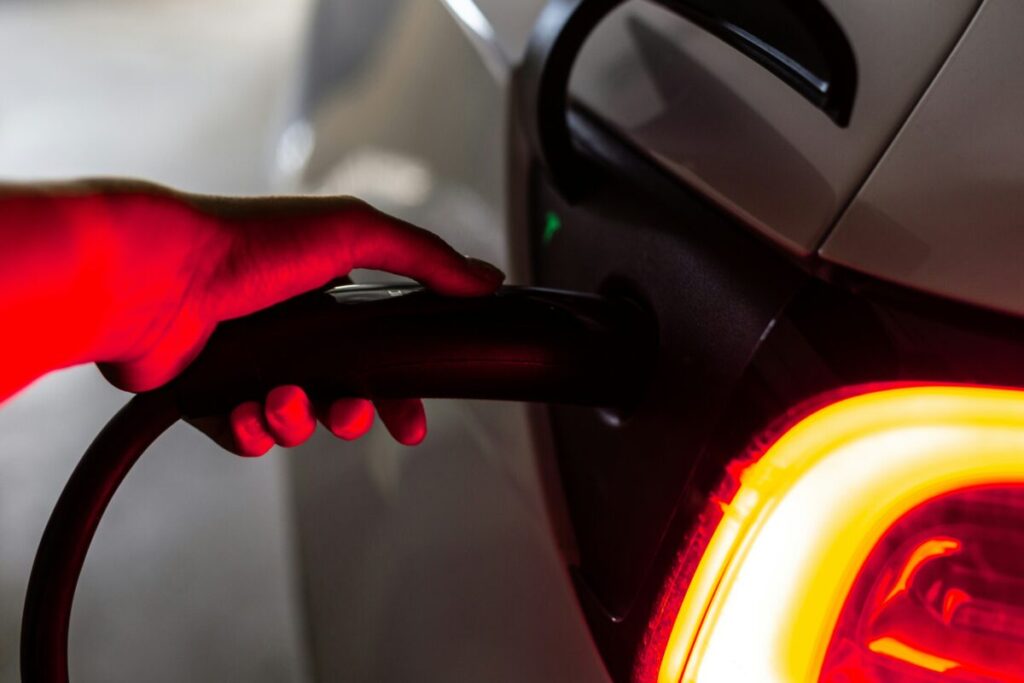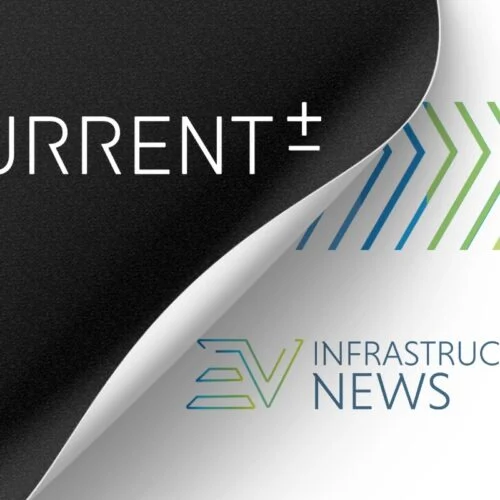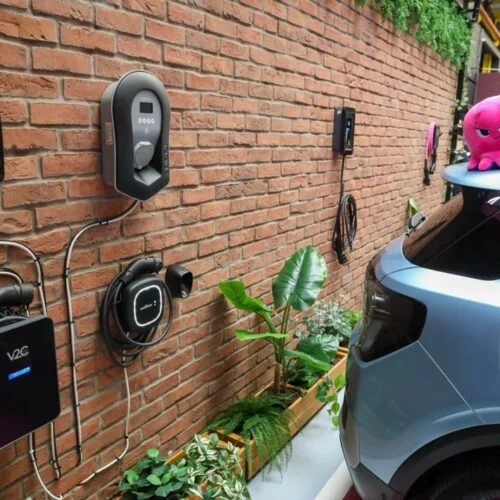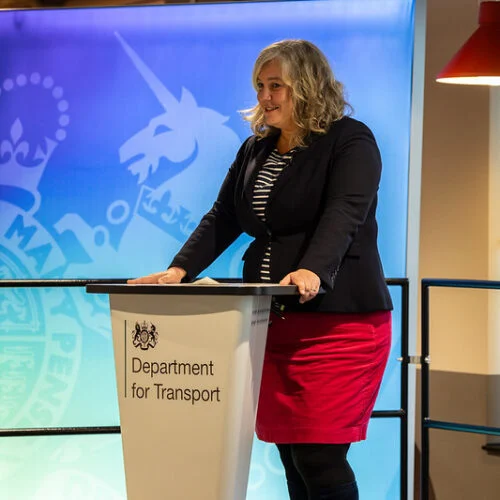The Georgia Public Service Commission has approved plans to fund EV charging infrastructure throughout the US state and announced the creation of a pilot programme for vehicle-to-everything (V2X) integration.
Funding for electric transportation programmes will be maintained at the current level, which includes $52 million (£38.45 million) for Georgia Power’s Make Ready programme, supporting its work to install and maintain the necessary electrical infrastructure for the connection of EV chargers across the state. Additionally, almost $6 million has been approved to fund the Community Charging Program, which is working to expand access to EV charging in underserved or rural areas of the state.
Furthermore, the Georgia Public Service Commission has also unanimously voted to fund a new V2X pilot programme, which will see Georgia Power provide charging stations for ten public school systems. These will power electric school buses in these regions and will also allow power to be taken from vehicle batteries back to the grid when not in use and meet local loads at times of peak demand on the grid, while also being able to serve as emergency backup power during times of emergency or blackouts.
Electrification Coalition vice president of policy and freight Anne Blair called transportation electrification “a unique opportunity to continue Georgia’s economic success,” adding that the Coalition is “encouraged to see the Commission support the state’s EV economy by continuing Georgia Power’s successful programs and approving a new V2X pilot.”
Other US states have also been exploring the potential benefits of V2X technology for local power grids. In late February, the state of Massachusetts selected clean energy solutions provider Resource Innovations and vehicle-grid integration technology firm The Mobility House to lead a two-year trial of V2X technology across the state.
More recently, last month saw a milestone in the US’ adoption of vehicle-to-grid (V2G) tech as Maryland became the first US state to adopt a suite of V2G interconnection rules, based on a set of guidelines established by the US Vehicle-Grid Integration Council (VGIC). The rules came into effect in Maryland on 7 July, and VGIC said it is actively engaged in the process of introducing similar rules in the states of California and Nevada.
Our publisher, Solar Media, will soon launch a brand-new site dedicated to global EV charging infrastructure developments. Called EV Infrastructure News, the site will track market trends, technological breakthroughs and project developments from around the globe. Please visit and follow the official LinkedIn page to learn more.






